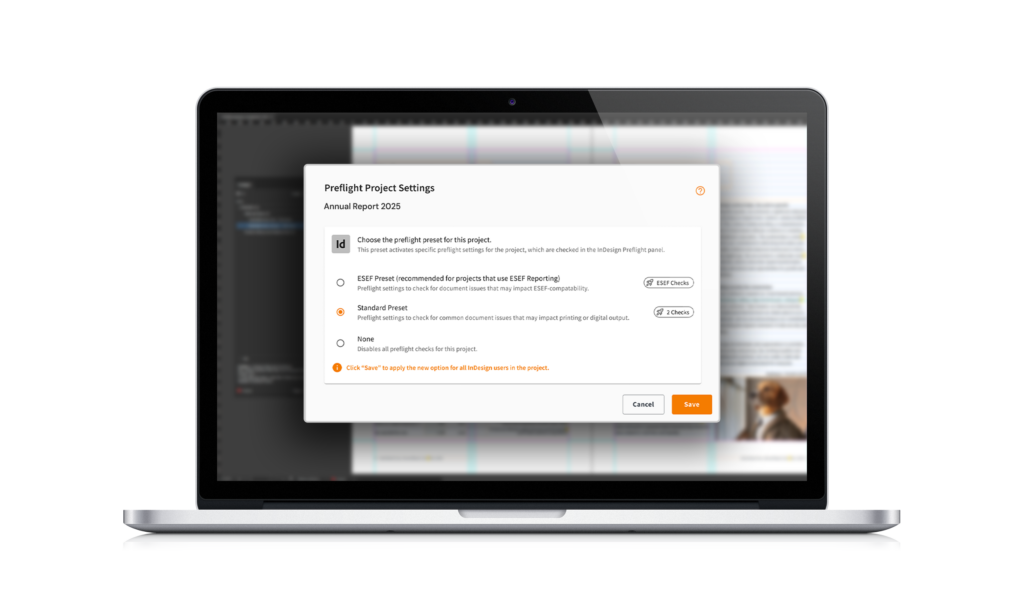Balancing Benefits and Challenges in Reporting
Common standards are expected to help companies reduce reporting costs in the medium and long term, by avoiding the use of multiple voluntary standards as this is the case today. Currently, there is a gap in accountability due to quality issues in sustainability reporting. High-quality and reliable public reporting by companies will help create a culture of greater public accountability.
On the other hand, we are all aware that compliance with these new reporting standards will create new challenges. It will entail more work, not only for the sustainability teams but also for the communication team. There is still also a considerable degree of uncertainty. What will the implementation of CSRD look like from a day-to-day perspective? How will ESRS change the structure, layout, and content of the annual report?
Read the press release from EFRAG



